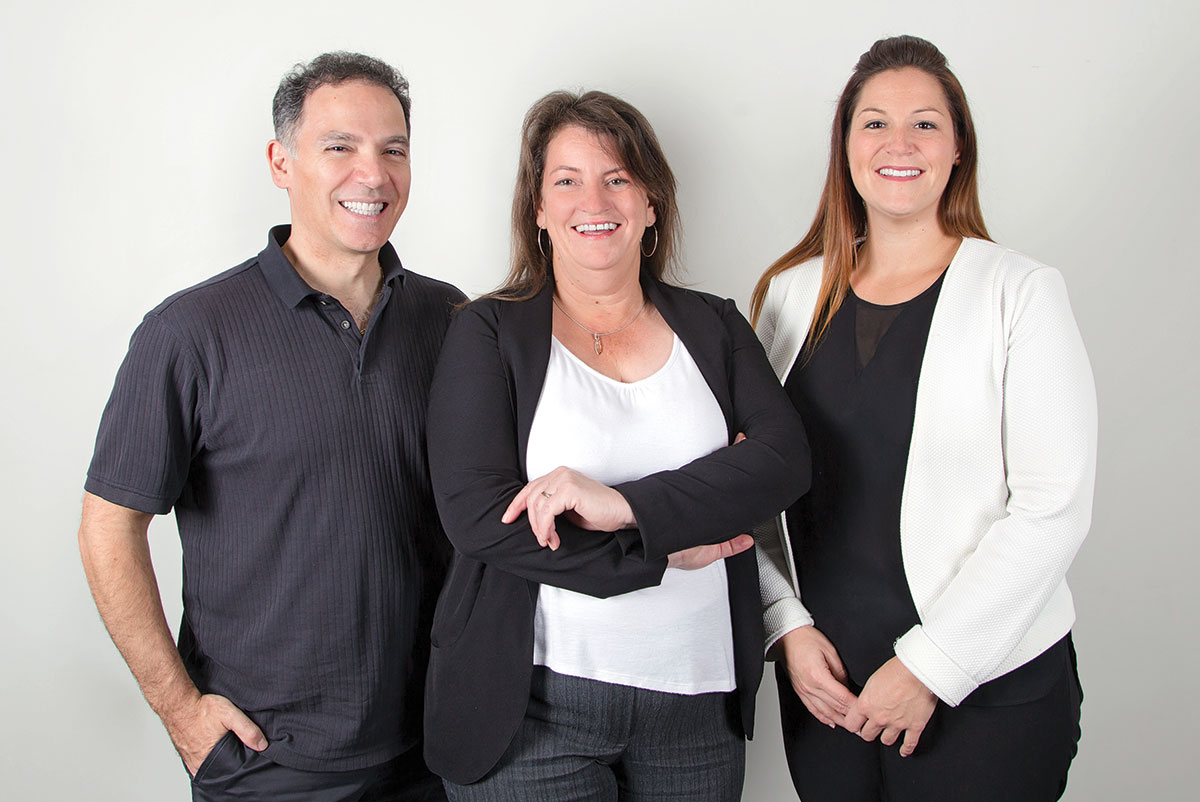Since that time, the duties of support personnel and the complexity of their mandates have continued to evolve. Often unrecognized, their contribution to front line services has taken many forms and has led to a tremendous partnership with students, which is both motivating and a terrific source of pride. But a shadow persists: the lack of recognition for their important contribution to all areas of activity in cégeps. CSQ Magazine presents some of the battles they face.

A vital link for student success
The number of cégep students with special needs has grown, from some 1,300 in 2007, to more than 17,000 today. With such a substantial increase should come an equivalent increase in adapted services.
As the link between students, professionals and teachers, special education technicians provide support and guidance to young people who are following what is often an atypical path and who may require a more customized approach.
“Yet, it was only in 2008, after years of battle and with the support of our federation, that the title of special education technicians was generally recognized in cégeps - three years after it was recognized in 2005,” says Anne Dionne1.
“And it’s not the first time that our efforts have led to the creation of a job dedicated to students with special needs. Sign language interpreters are another great example. These significant gains illustrate the value of the work of support personnel and their importance in student success,” she says.
Being recognized for one’s true worth
The emergence of research activities in cégeps, combined with the specific and growing needs of vocational programs, have greatly increased the duties of laboratory technicians.
“Laboratory technicians are proud to be at the top of their field. They have a genuine interest in increasing their areas of expertise. But, even though administrations appreciate their ability to perform increasingly complex operations, they are not remunerated accordingly,” adds Anne Dionne.
“For example, many lab technicians must pay membership fees to professional orders out-of-pocket. We are keeping a close eye on this issue and are currently working with the Management Negotiating Committees in the college sector, which might lead to the creation of new categories of employment,” says Valérie Fontaine2.
The end of a discriminatory practice
Until recently, student employees in cégeps were paid less than personnel performing the same duties. Anne Dionne mentions that in 2007, salaried students, members of the Syndicat du personnel de soutien du Collège de Sherbrooke, filed a complaint with the Commission de l’équité salariale denouncing their exclusion from the Pay Equity Act.
“This long-fought battle ended in 2016 when an agreement was reached between the Treasury Board and our federation. We are proud of this victory. From now on all salaried student workers in cégeps are entitled to the standard rate or the first step of the salary scale of the job category they were hired in,” she says.
The backbone of every cégep
Registering for cégep, choosing courses, and requests for information may all seem like trivial actions at the basis of any institution. In fact, it is the administrative personnel who support these key processes everyday.
Whether they are in direct contact with students or provide less visible, yet critical, administrative support for the services offered by cégeps, workers in this category have experienced significant cuts in recent years.
“We take the work of administrative personnel for granted and seem to believe, wrongly so, that cutting back on some of these resources will only have a minimal impact. Yet, the study and living conditions of students depend greatly on the work of administrative support workers. These cuts are far from being trivial and without consequence,” stresses John Cuffaro3.
“We, the support staff, are the only ones who participate at every level of our cégeps. Everyone needs us: teaching and professional workers, administrators and students. We are literally the backbone of every cégep and deserve to be recognized as such,” concludes Anne Dionne.
1 Anne Dionne is president of the Fédération du personnel de soutien de l’enseignement supérieur (FPSES-CSQ).
2 Valérie Fontaine is vice-president of administrative affairs at the FPSES-CSQ.
3 John Cuffaro is vice-president of financial affairs at the FPSES-CSQ.
